Featured Articles
Popular Articles
-

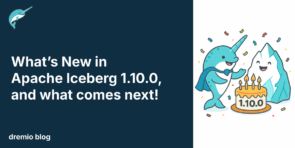 Dremio Blog: Open Data Insights
Dremio Blog: Open Data InsightsWhat’s New in Apache Iceberg 1.10.0, and what comes next!
-
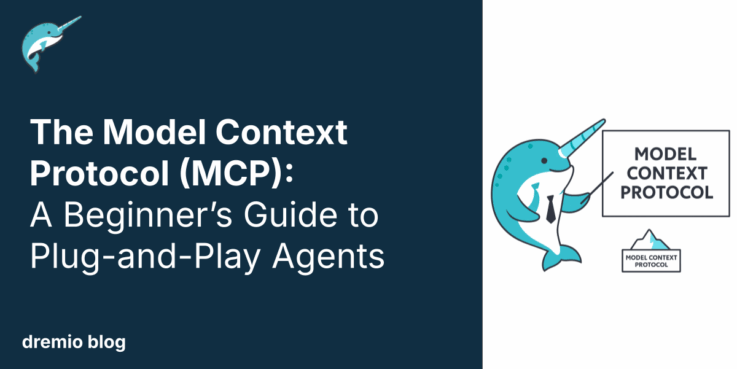
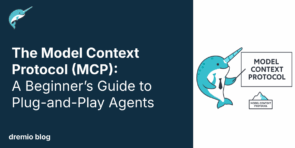 Dremio Blog: Various Insights
Dremio Blog: Various InsightsThe Model Context Protocol (MCP): A Beginner’s Guide to Plug-and-Play Agents
-
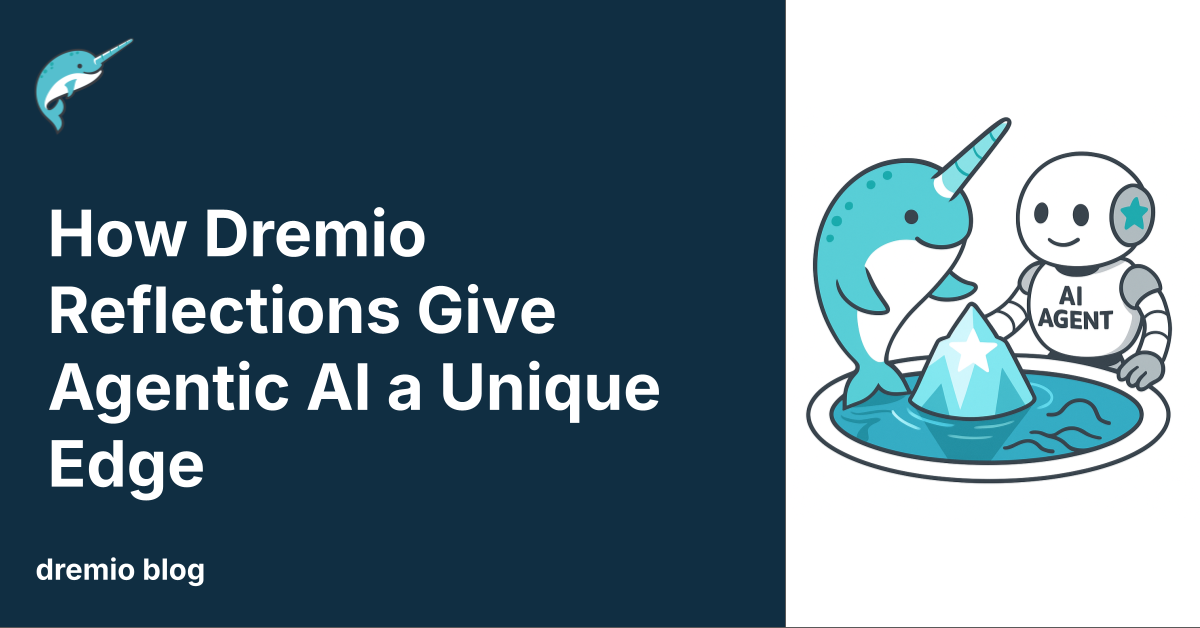
 Product Insights from the Dremio Blog
Product Insights from the Dremio BlogHow Dremio Reflections Give Agentic AI a Unique Edge
-

 Product Insights from the Dremio Blog
Product Insights from the Dremio BlogMCP & Dremio: Why a Standard Protocol and a Semantic Layer Matter for Agentic Analytics
Browse All Blog Articles
-

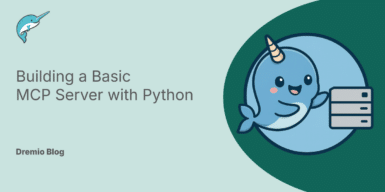 Dremio Blog: Open Data Insights
Dremio Blog: Open Data InsightsBuilding a Basic MCP Server with Python
In this tutorial, we’ll walk you through building a beginner-friendly MCP server that acts as a simple template for future projects. You don’t need to be an expert in AI or server development—we’ll explain each part as we go. -

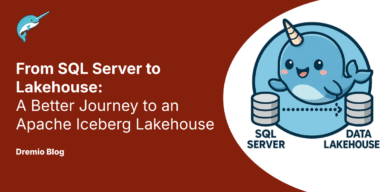 Product Insights from the Dremio Blog
Product Insights from the Dremio BlogFrom SQL Server to Lakehouse: A Better Journey to an Apache Iceberg Lakehouse
You're not alone if you're currently stretching SQL Server—or any OLTP database—beyond its intended purpose to keep up with analytics demand. This pain point is shared by countless organizations as data volumes grow, dashboards become more complex, and business expectations rise. -
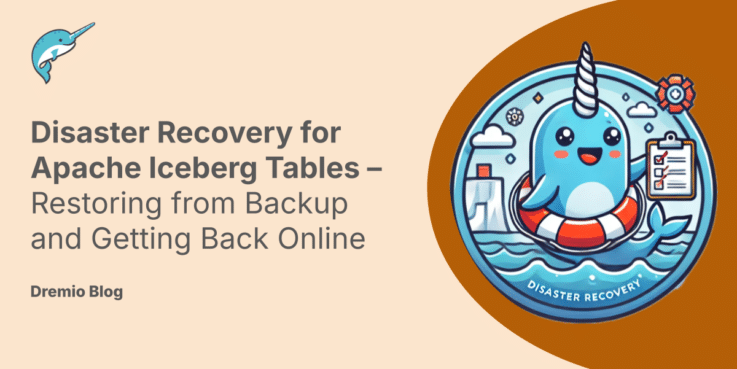
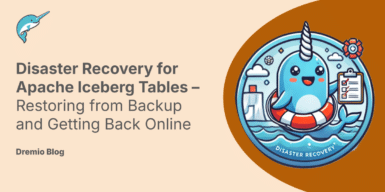 Dremio Blog: Open Data Insights
Dremio Blog: Open Data InsightsDisaster Recovery for Apache Iceberg Tables – Restoring from Backup and Getting Back Online
Unlike traditional databases, Iceberg doesn’t bundle storage, metadata, and catalog into a single system. Instead, it gives you flexibility—with the tradeoff that restoring from a backup requires understanding how those components fit together: -
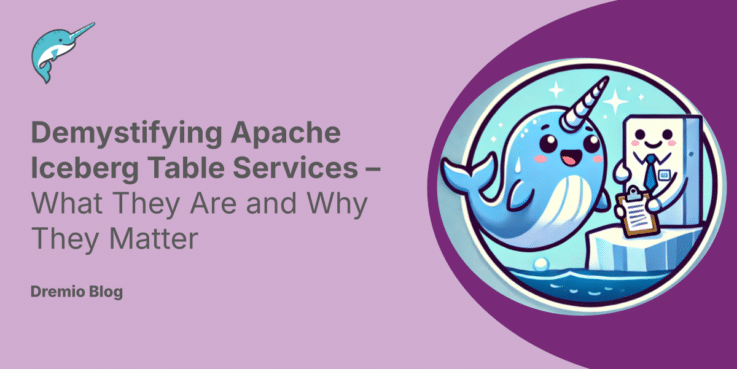
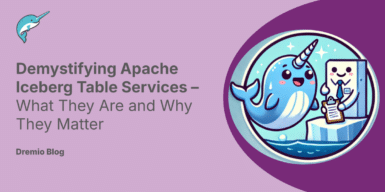 Dremio Blog: Open Data Insights
Dremio Blog: Open Data InsightsDemystifying Apache Iceberg Table Services – What They Are and Why They Matter
While the table spec and catalog spec laid the groundwork for interoperability and governance, it’s Table Services that will determine whether your Iceberg tables thrive or degrade in the real world. They’re the unseen engine room that keeps data performant, cost-effective, and reliable—especially at scale. -
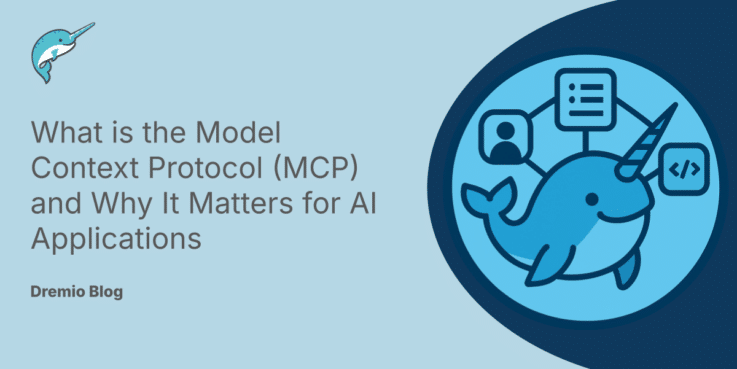
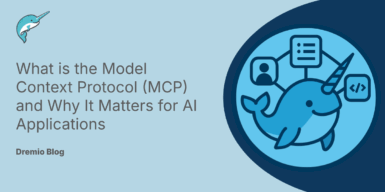 Dremio Blog: Open Data Insights
Dremio Blog: Open Data InsightsWhat is the Model Context Protocol (MCP) and Why It Matters for AI Applications
The Model Context Protocol is quietly reshaping how we build with language models — not by making the models smarter, but by making their environments smarter. -
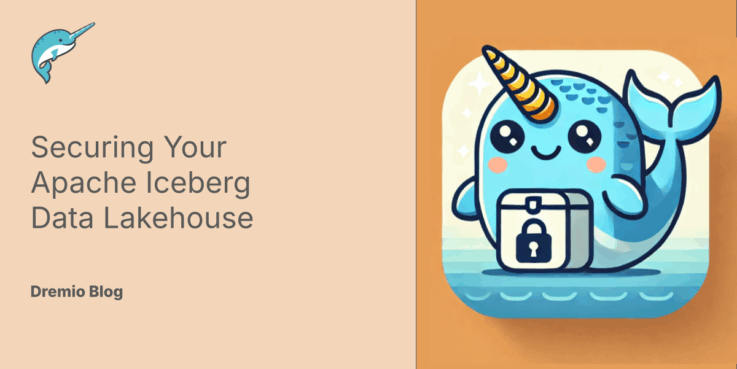
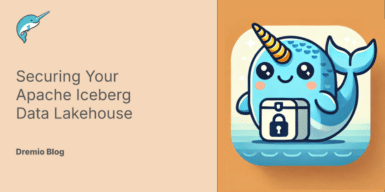 Dremio Blog: Open Data Insights
Dremio Blog: Open Data InsightsSecuring Your Apache Iceberg Data Lakehouse
In conclusion, securing an Apache Iceberg lakehouse demands a holistic strategy that encompasses multiple layers of control. By implementing robust security measures at the object storage level, such as encryption and access restrictions, organizations can protect the raw data. -
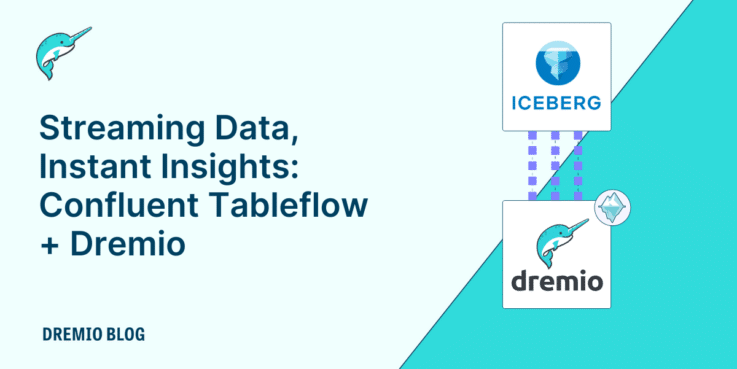
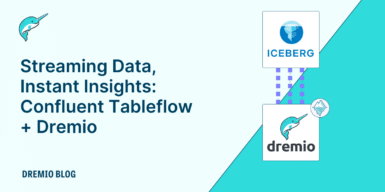 Dremio Blog: Partnerships Unveiled
Dremio Blog: Partnerships UnveiledStreaming Data, Instant Insights: Real-Time Analytics with Dremio & Confluent Tableflow
With Confluent Tableflow and Dremio, businesses can query real-time and historical data together in an open lakehouse architecture providing insights at the speed of operational data. -
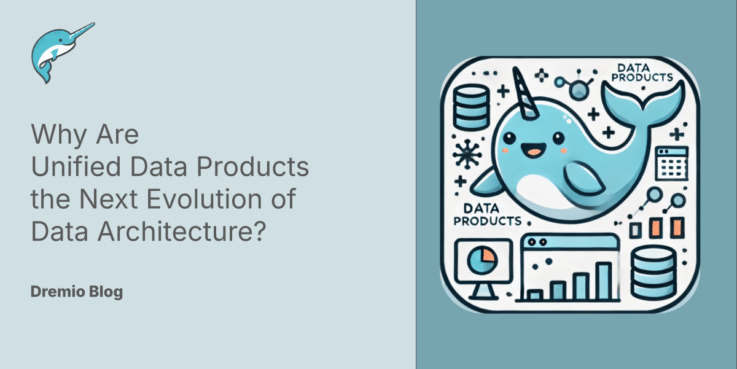
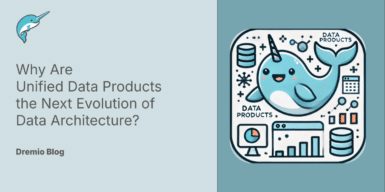 Dremio Blog: Various Insights
Dremio Blog: Various InsightsWhy Are Unified Data Products the Next Evolution of Data Architecture?
By embracing unified data products, organizations can move beyond vendor lock-in, streamline data access for BI and AI, and future-proof their data architectures. With Dremio’s platform, enterprises can build the foundation for a truly unified, high-performance data ecosystem that meets the needs of modern data consumers. -
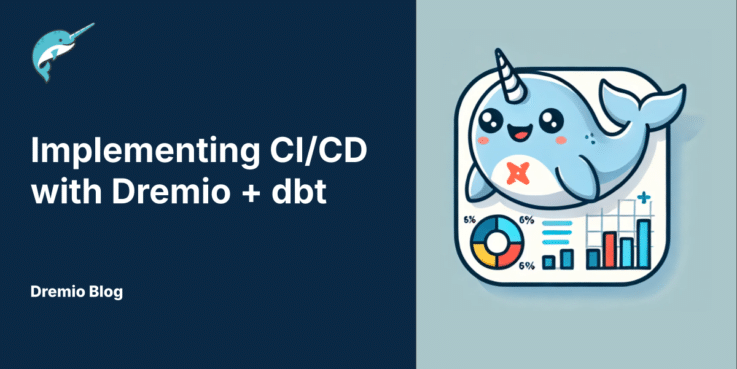
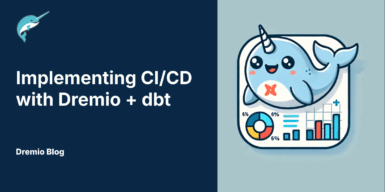 Product Insights from the Dremio Blog
Product Insights from the Dremio BlogImplementing CI/CD with Dremio + dbt
By leveraging the Dremio and dbt 's capabilities and adhering to these best practices, business units can build a strong CI/CD pipeline that improves both the quality and speed of data transformation projects. -
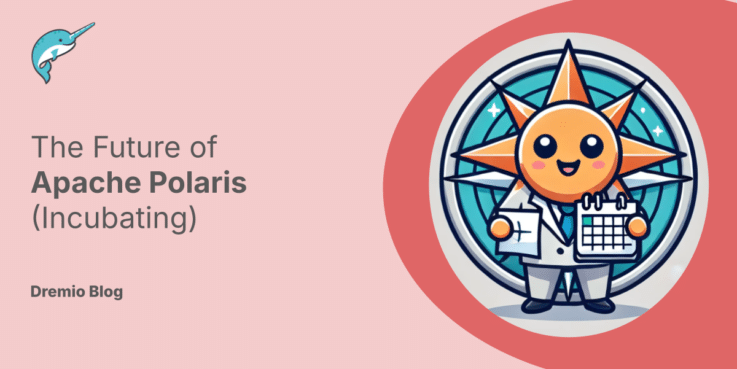
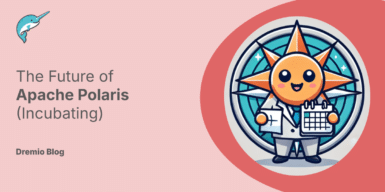 Dremio Blog: Open Data Insights
Dremio Blog: Open Data InsightsThe Future of Apache Polaris (Incubating)
The Apache Polaris roadmap lays out an ambitious vision for the project, balancing core functionality, governance, security, and interoperability while staying true to its open-source roots. As Polaris evolves, its flexibility, community-driven approach, and commitment to quality will ensure it meets the growing demands of modern data ecosystems. -
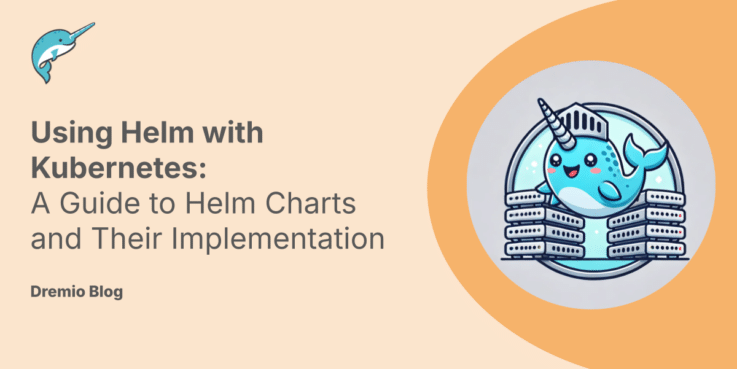
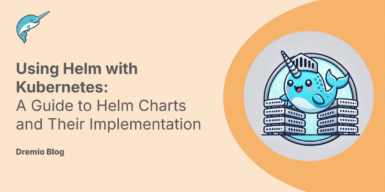 Dremio Blog: Open Data Insights
Dremio Blog: Open Data InsightsUsing Helm with Kubernetes: A Guide to Helm Charts and Their Implementation
Helm is an essential tool for Kubernetes administrators and DevOps teams looking to optimize deployment workflows. Whether you are deploying simple microservices or complex cloud-native applications, Helm provides the flexibility, automation, and reliability needed to scale efficiently. -
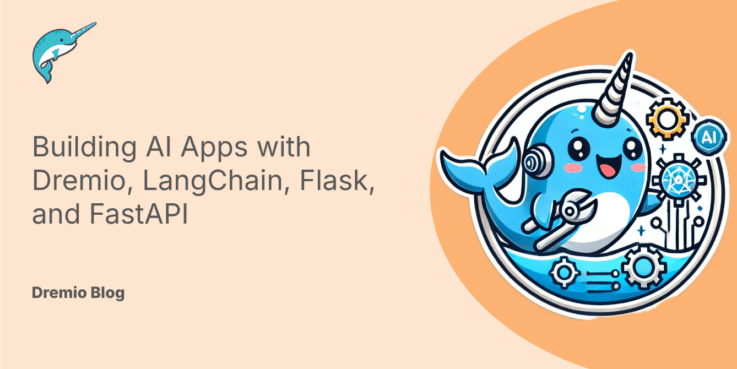
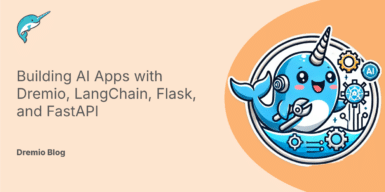 Product Insights from the Dremio Blog
Product Insights from the Dremio BlogBuilding AI Apps with Dremio, LangChain, Flask, and FastAPI
With Dremio + LangChain + Flask/FastAPI, you can build the next generation of AI-driven applications that provide real-time, data-powered insights. -
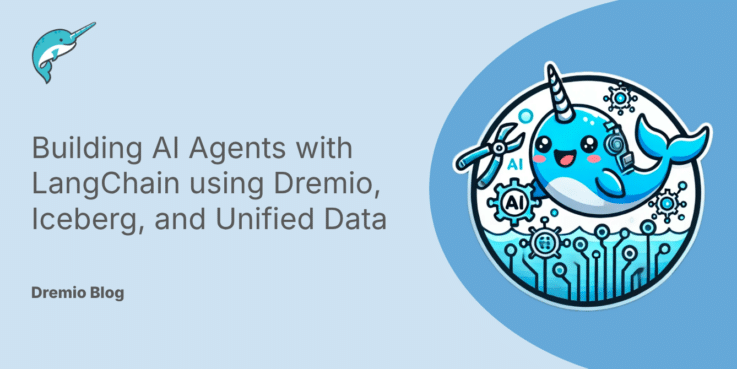
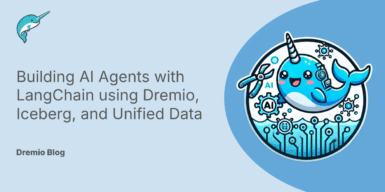 Product Insights from the Dremio Blog
Product Insights from the Dremio BlogBuilding AI Agents with LangChain using Dremio, Iceberg, and Unified Data
Organizations can create intelligent, real-time, data-driven applications with minimal overhead by leveraging Dremio’s ability to unify data across sources, LangChain’s agent-based AI capabilities, and Iceberg’s scalable table format. -
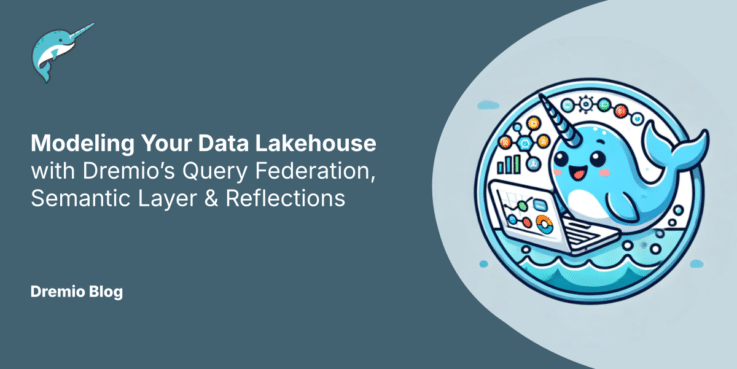
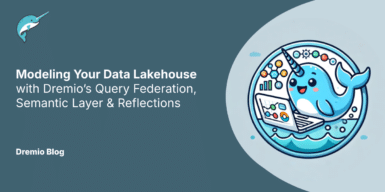 Product Insights from the Dremio Blog
Product Insights from the Dremio BlogModeling Your Data Lakehouse with Dremio’s Query Federation, Semantic Layer & Reflections
With Dremio, enterprises can achieve a unified approach to data modeling that simplifies workflows, reduces costs, and improves collaboration across teams. The result is a streamlined, high-performing data environment where analysts and scientists can focus on delivering insights rather than untangling complexity. -

 Product Insights from the Dremio Blog
Product Insights from the Dremio BlogBuilding Scalable Data Applications with Dremio
Dremio also shines in unifying data across multiple sources, allowing you to query seamlessly without managing dozens of backend connections. With its semantic layer, you can define business logic once and reuse it consistently across your applications, making your backend code leaner and your APIs more reliable.
- « Previous Page
- 1
- …
- 3
- 4
- 5
- 6
- 7
- …
- 32
- Next Page »



